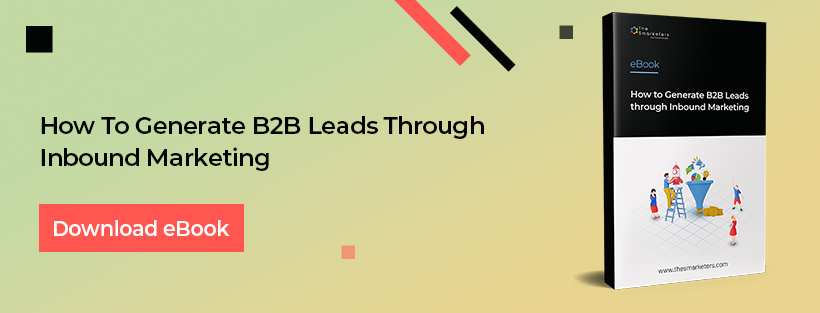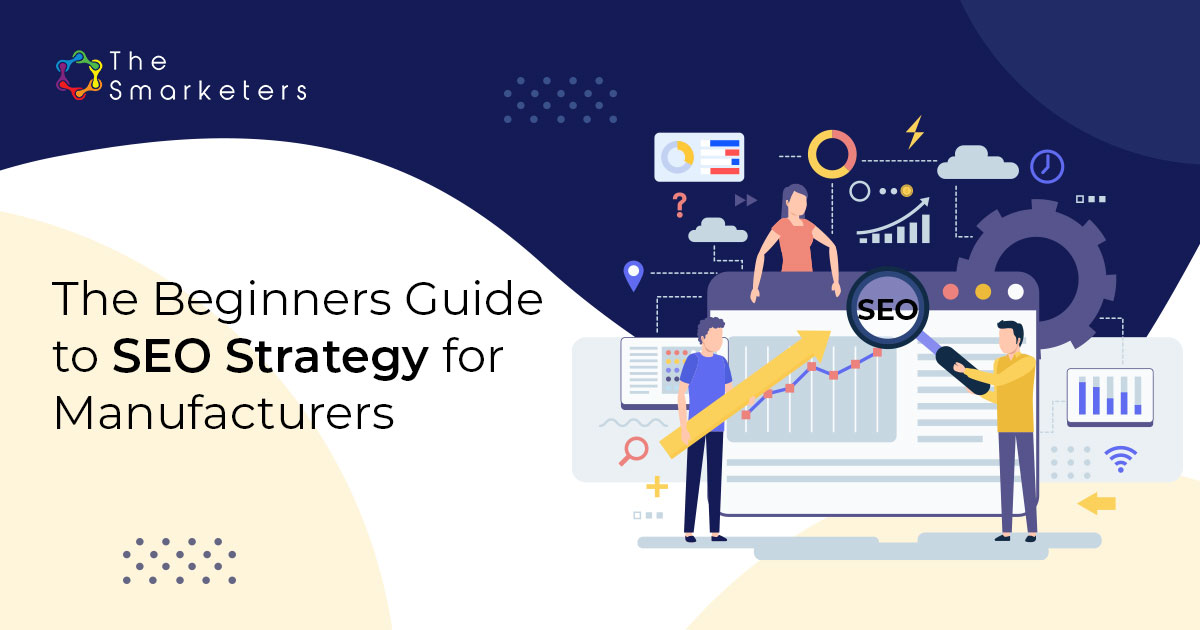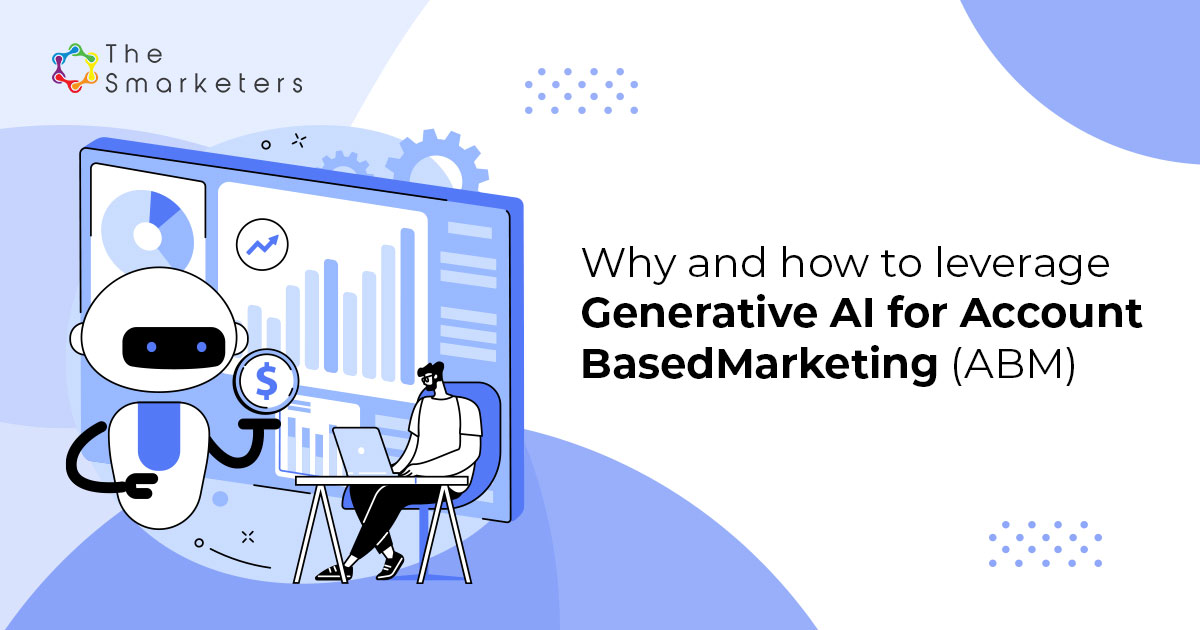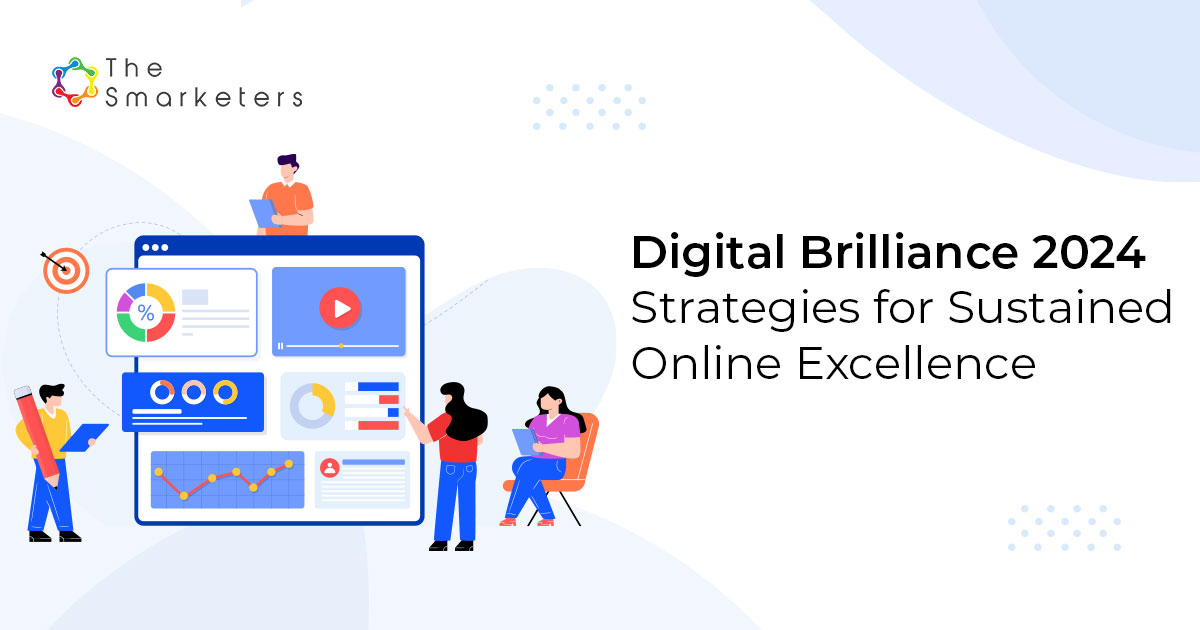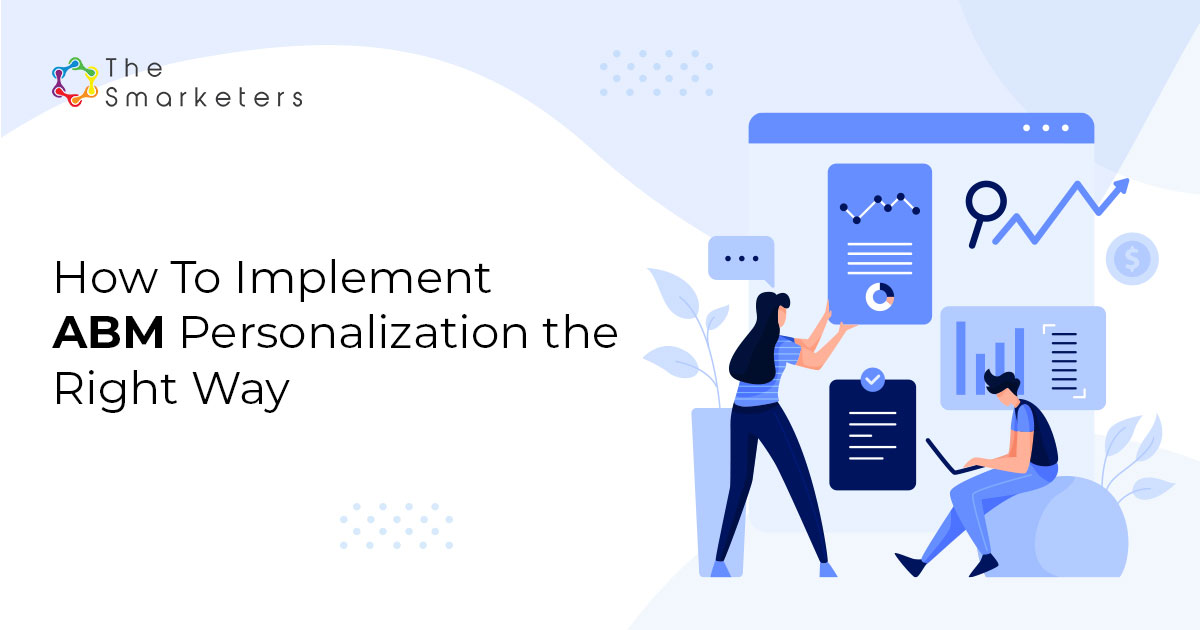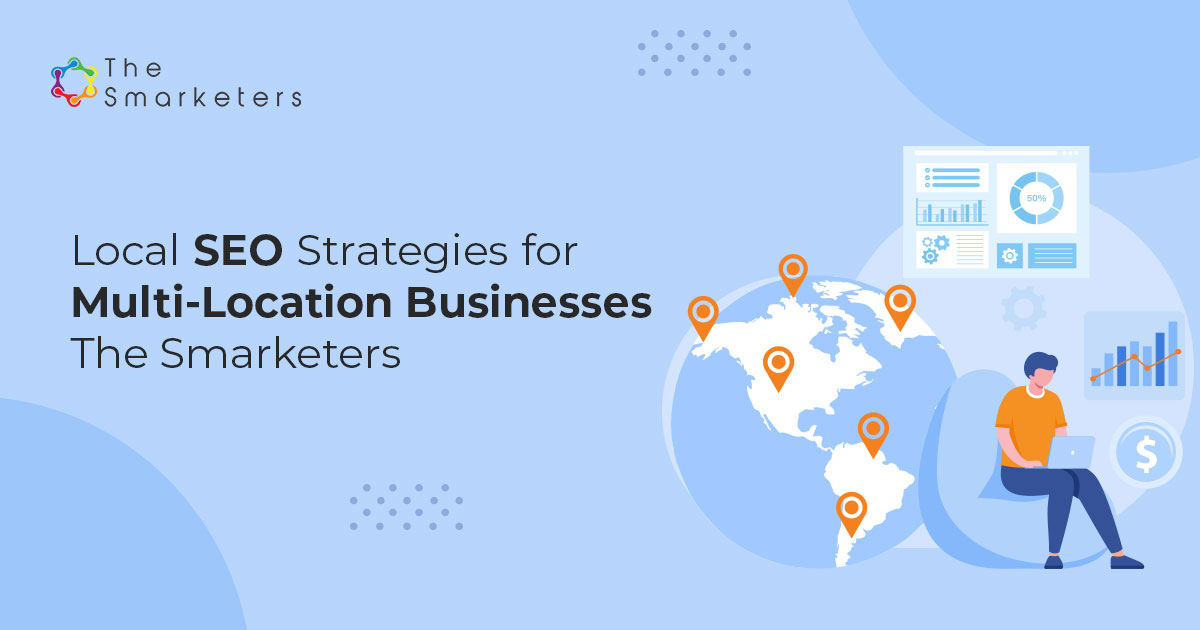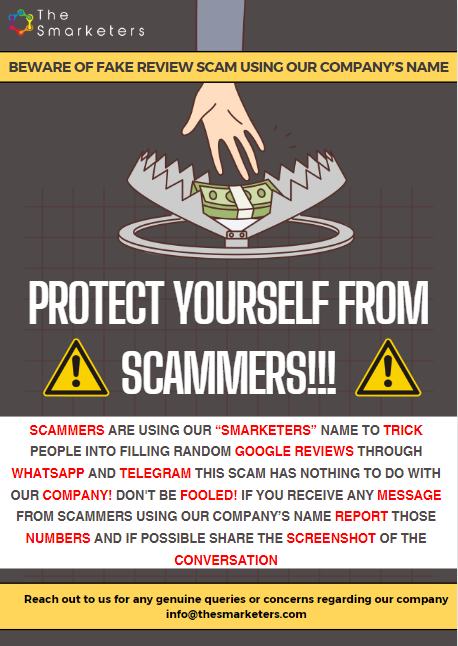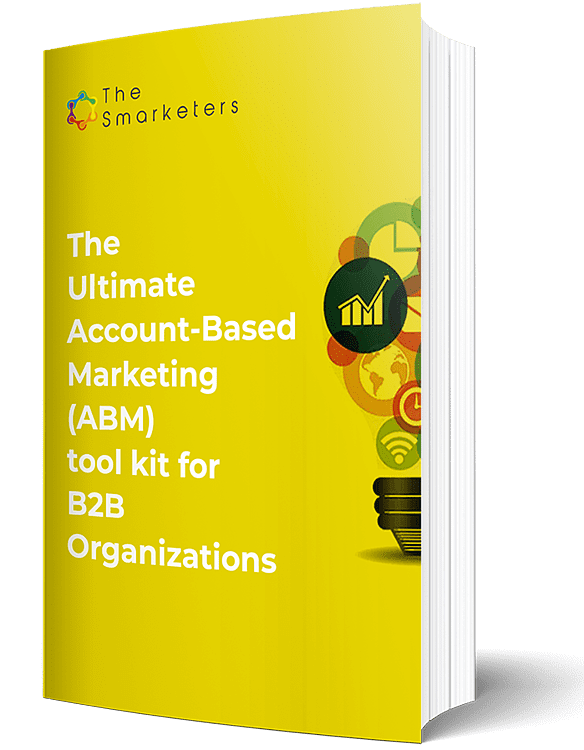Today’s consumers are responsible for what, when, why, and how they connect with brands and make purchases. People have grown jaded and skeptical about mindless shopping as more businesses produce an abundance of deals and uninspired advertising messages. They even tend to ignore ads that pop up on social media channels, which leaves brands at a loss for a way forward. It has become all about the experience they derive from a brand/business. People should feel connected with your brand and must experience a personal touch and value, which can be achieved through experiential branding.
What is B2B Experiential Branding?
Experiential branding is a branding tactic where brands engage in a high volume of sensory interactions with consumers to sway their preferences and improve brand perceptions. Experiential branding [engagement marketing] focuses on the experience the customer is seeking—how your product or service makes them feel. Long-term brand positioning entails delivering a consistent, experiential message that directs your branding solutions and builds client confidence in your ability to fulfill your promises in a distinctive, pertinent manner. Experiential branding solutions may succeed long-term in the fiercely competitive B2B market by embracing everything that attracts customers.
Importance of Experiential Branding
With technology growing at a fast pace, starting your own business has now become much easy. Therefore, companies need to distinguish themselves from the crowd. This can be done by leveraging a powerful tool, i.e., branding. When you build your digital brand, you make sure that your target clients can research your company and determine whether you are the best.
The most important thing to focus on around B2B branding:
- The website is easy to navigate
- Efficient customer service support
- Active social media platforms & quick responses
- An omnichannel approach
A strong B2B brand
- Ensures the brand stands out and is unique from other businesses out there
- Shortens the product and sale lifecycle
- Enables the brand to build trust across all its primary stakeholders – employees, customers, partners, vendors, shareholders, and others
- Builds a loyal customer base who go on to become brand evangelists
More than 90% of B2B organizations claim that their go-to-market strategy is equally as effective as before the pandemic, if not more so. Additionally, 3x more people—31%—believe their approach is “far more” effective at reaching and serving clients than the 9% who claimed the same two years ago. [McKinsey]
How do you create a strong B2B brand?
- Find your Organization’s values – Identify the keywords or messages that resonate with your brand. Which term best represents your company’s image? What qualities do you seek in your customers—royalty, power, peace, love, etc.? Either solve their issues or assist them in realizing their full potential.
- Identify your target audience – Who is your customer? What demographics or market do they belong to? What is their business need? Once you define these, you should proceed to create B2B brand solutions that connect with them.
- Your brand narrative – The messages should ideally be in a storytelling format to connect with your audience. Utilize SEO and keywords in your campaigns for better reach and ROI.
- Align and involve your team – Your employees are your best brand ambassadors. Share the business objectives and plans with them and apply them when chalking out the B2B brand strategies. In most cases, emotional connection is the best way to connect, engage and approach prospective customers.
Four Core components To Build Experiential Branding Strategy:
- Relevance — What role does your brand play in the customer experience? Does it add any worth? What services are you offering? Is it scalable under the current circumstances?
- Admiration — Does your branding increase the customer’s perceived respect for you? In business, this could entail boosting your customer’s reputation among the targeted consumer group or increasing their respect when they utilize your product.
- Distinctiveness — What sets you apart from other businesses? Your B2B consumers will be drawn to the elements that are the key differentiating factors.
- Enrichment — Do your clients believe that your business offers substantial value, exceptional quality, and a timeless presence that they can pass on to their clients?
To know more or create your experiential branding strategies, reach out to us now!


